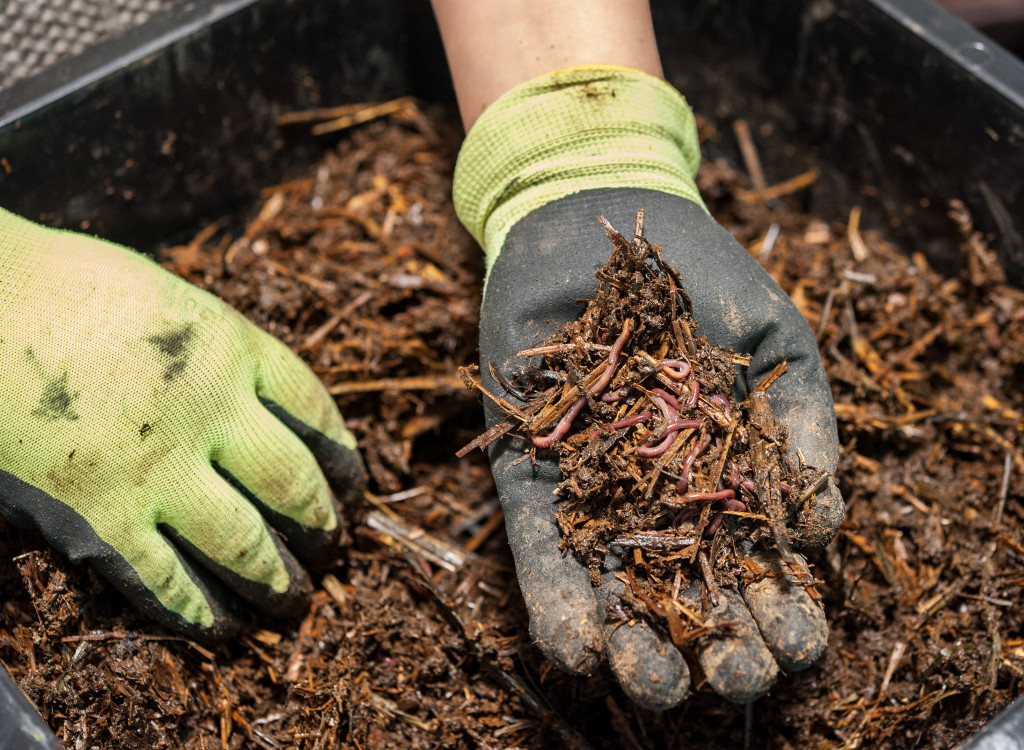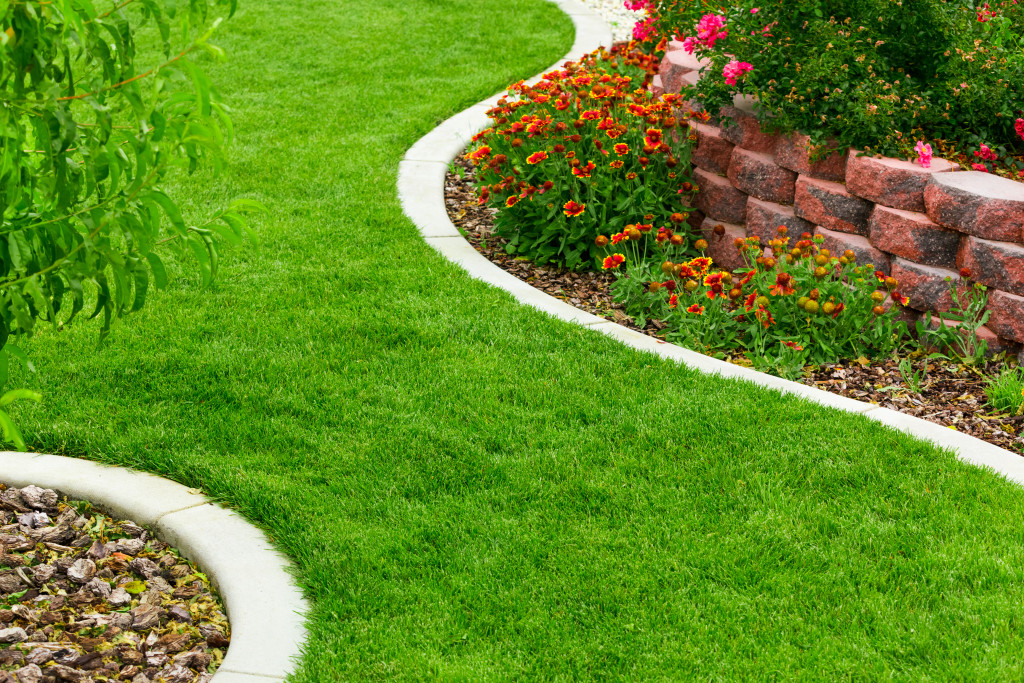Starting a home garden is an exciting and rewarding venture. Not only can a garden bring beauty to your home, but it can also provide you with fresh produce and herbs. To ensure that your garden remains healthy and vibrant for many years, there are several steps you should take. Read on for a few tips to keep your new home garden healthy for years to come:
Choose the right soil
When starting your garden, choose soil that will be conducive to the type of plants you’re growing. Different types of plants require different soil compositions, so make sure to do research before choosing suitable soil for your needs. If you’re looking for an organic option, look for soil certified by the Organic Materials Review Institute (OMRI).
Water regularly
Watering regularly is essential in keeping your garden healthy. Newly planted gardens need more water than established ones because their root systems have not yet had time to grow and become established. Make sure to check the weather forecast every day. If it’s been dry, give your plants an extra drink of water! Try using a soaker hose, as they are a great way to deliver water directly to plant roots without losing any moisture due to evaporation or runoff.
You should also consider having a garden irrigation system installed. These systems can be connected to a timer that will automatically water your garden for you, which is highly convenient and will ensure that your plants get the water they need without any stress on your part. Just make sure you partner with professionals in irrigation installation. They will be able to help you choose the best system for your garden. They can also help you with regular maintenance and repairs for your irrigation system to keep your garden healthy for years to come.
Fertilize your garden

Fertilizing helps ensure your plants get the nutrients they need to remain healthy and thrive throughout their life cycle. It is best practice to fertilize at least once per season. However, depending on what type of plants you have in your garden, additional fertilization may be needed throughout the year.
Choose organic fertilizer when possible, as this will help minimize environmental impact and provide additional benefits such as improved soil health and better-tasting crops. Additionally, you can create your own fertilizer by composting any excess produce or garden clippings. This is a great way to reuse waste from your garden and add minerals and nutrients back into the soil where they are needed.
Monitor your garden regularly
Monitoring your garden regularly will help you identify problems early on so that corrective action can be taken quickly before the entire plant is affected negatively. Inspecting pest damage will also let you know if there are any changes in pest activity or population size that need addressing promptly before further damage occurs. Additionally, checking for signs of disease or nutrient deficiencies will allow you to take corrective action before these issues spread throughout the entire garden area.
If you do spot any pests or major disease issues in your garden, take action right away. There are a variety of natural remedies you can try that will help keep pests and diseases at bay without the need for harsh chemicals and pesticides. For example, you can use neem oil to control fungal infections or introduce beneficial insects into your garden to keep pest populations under control without harming the ecosystem. You can also employ the help of a professional pest control or garden maintenance service to help keep your garden healthy and thriving for years to come.
Prune and mulch
Pruning is essential as it helps keep a plant’s growth under control while still allowing it some room to expand naturally without becoming overgrown or unruly looking – something we all want our gardens to avoid! Mulching helps retain moisture in the soil, which helps reduce weeds while also providing protection from extreme temperatures during both hot summer days and cold winter nights!
In addition to proper pruning and mulching techniques, you may also want to consider adding garden beds that are raised above the ground. This can make it easier for you to care for your plants as well as improve drainage in the soil around them. It is best practice to consider using organic materials such as peat moss or wood chips when building garden beds, as these will help keep your soil healthy and prevent the growth of unwanted weeds.
With these tips in mind, you can start building a beautiful home garden that will last for years! Put them into practice today and watch how quickly your new gardening project begins taking shape! With proper care and maintenance, there’s no telling how lush and vibrant it could become over time.

